|
Nigeria is the world’s largest producer of cowpea, a staple crop and an important source of protein for the nation’s 200 million residents. But up to 90% of the crop is lost to a pest called the cowpea pod borer. As Jose Maria Barrero and TJ Higgins explain, this is what lies behind Nigeria’s decision to register the first genetically modified cowpea and approve its release to small scale farmers. The move marks an important milestone on
a continent where countries are still wary of biotechnology and genetic modification.
It’s been just less than a month since China confirmed its first case of what’s been dubbed the 2019-nCoV, a novel coronavirus that’s now spread to nearly 20 countries and claimed 106 lives. How prepared are African countries to deal with a possible outbreak? Chikwe Ihekweazu offers insights into what Nigeria has put into place while Abdhalah Ziraba and Peter Kojo Quashie set out Kenya and Ghana’s plans.
|
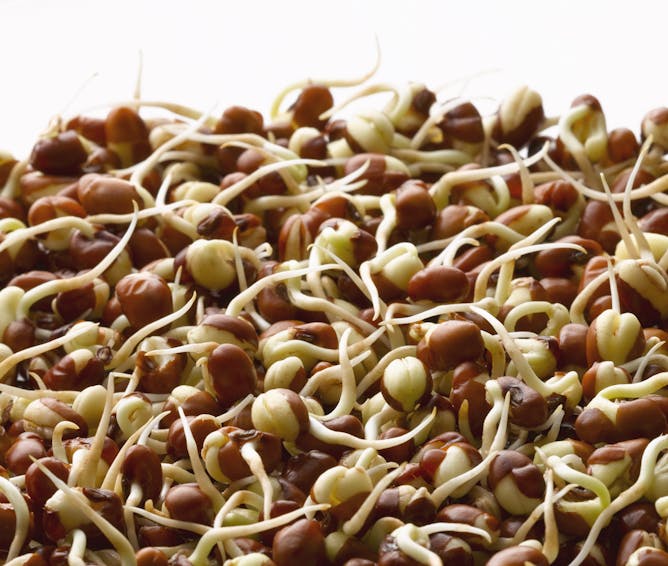
Cowpea, also known as Black Eyed Pea, is a staple crop in Nigeria.
Photo by FlowerPhotos/Universal Images Group via Getty Images
Jose Maria Barrero, CSIRO; TJ Higgins, CSIRO
Nigeria recently approved the world's first GM cowpea, which provides full protection against the pod-borer Maruca, a major problem for this important crop.
|
Health + Medicine
|
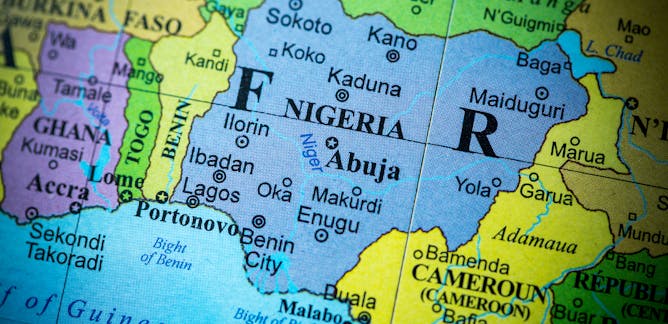
Chikwe Ihekweazu, UCL
The Nigeria Centre for Disease Control says it will use lessons from the Ebola outbreak to strengthen its risk communications capacity.
| |
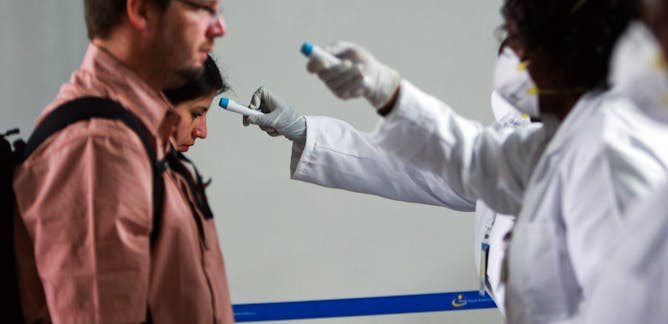
Abdhalah Ziraba, African Population and Health Research Center; Peter Kojo Quashie, University of Ghana
Airport public health officials have got better at screening at ports of entry especially for international arrivals.
|
|
|
Politics
|
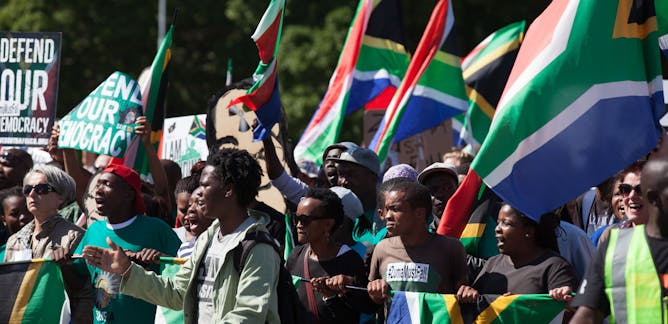
Mandisi Majavu, Rhodes University
In South Africa, state corruption has taken hold with utter disregard for ethics and democratic norms in a cynical exploitation of the post-apartheid transformation agenda.
| |

Mahamoudou Savadogo, Université Gaston Berger
Burkina Faso faces a new terrorist threat. Terrorist groups are now flourishing within its borders.
|
|
|
Business + Economy
|

Rehana Cassim, University of South Africa
The publicity given to the Moyo saga has brought to the forefront some important lessons that should be noted by company directors.
| |
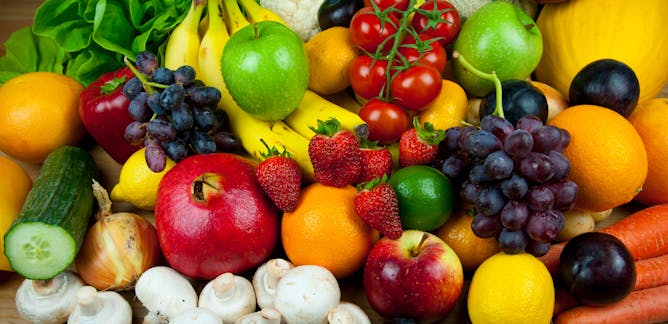
Jean Frederic Isingizwe Nturambirwe, Stellenbosch University; Umezuruike Linus Opara, Stellenbosch University
Advancements in data analytics can prevent food wastage and save farmers from significant losses along the fresh produce value chain.
|
|
|
From our international editions
|

Maïa Ponsonnet, University of Western Australia
People still find ways to express old ways of speaking in a new language, so that language does not fundamentally alter their cultural identity.
| |
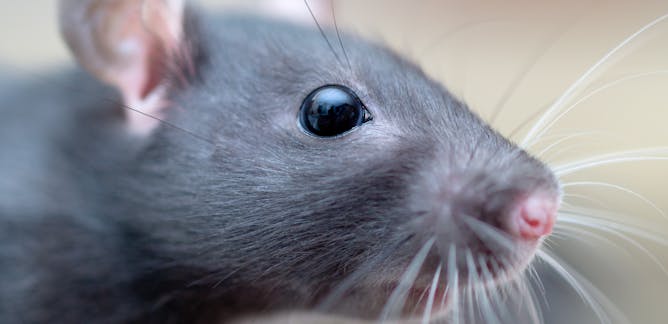
Robyn Grant, Manchester Metropolitan University
The Euler spiral has helped engineers for over 100 years – now we're using it to understand biology.
|
|
|